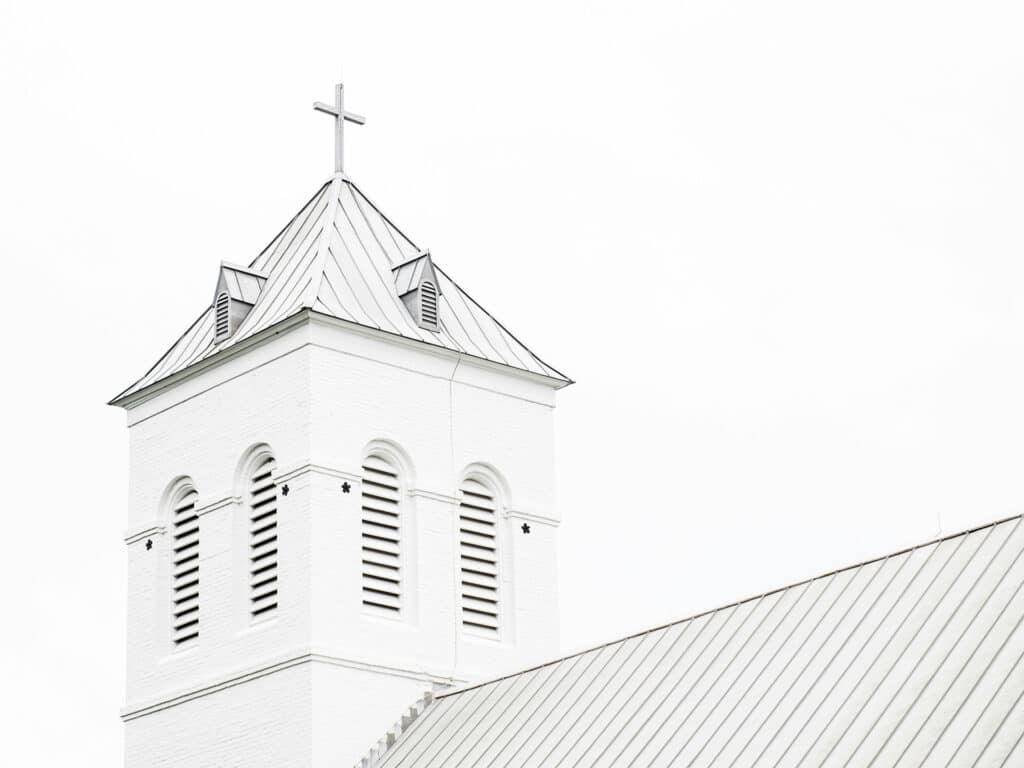AUSTIN—Passage of the only surviving religious liberty bill in the 84th session of the Texas Legislature gives pastors some legal protection against litigation should they refuse to preside over a same-sex marriage. Senate Bill 2065, the Pastor Protection bill, passed overwhelmingly May 21 and was signed into law by Gov. Greg Abbott June 11.
SB 2065 passed the House of Representatives 141-2 on its second reading, garnering even the support of two gay representatives. On its third reading the next day, it passed unanimously, 142-0, earning the votes of its two earlier opponents.
The bill ensures clergy and churches cannot be compelled by the government to solemnize or facilitate a wedding that is in conflict with their deeply held religious convictions. The law also provides legal standing for them if sued for refusing to perform a wedding.
During the second reading of the bill May 21 questions on the House floor to Rep. Scott Sanford, R-McKinney, sponsor of the Pastor Protection bill, reflected some misunderstandings of the problems SB 2065 seeks to forestall.
Rep. Terry Canales, D-Edinburgh, repeatedly asked Sanford if any clergy, to date, had been forced, against their religious convictions, to marry anyone or if they had been prosecuted for failure to do so. His questions indicated he saw no immediate threat to clergy. Canales, along with Rep. Armando Walle, D-Houston, voted against the bill May 21.
“Rep. Canales, I would certainly say there are repercussions that pastors are experiencing today,” said Sanford, a pastor at Cotton Creek Baptist Church. “Pastors came in droves to the capitol to testify for this bill because they sense a need for it.”
The Pastor Protection bill received the support of two gay lawmakers and other supporters of same-sex marriage, but their support was not without affirmation of same-sex marriage and nuanced statements aimed at their ideological and political opponents.
Cecelia Israel, D-Austin, one of two gay lawmakers to support the bill, said she supported it as a reiteration of the First Amendment to the U.S. Constitution “which is a respect for religion,” not because of the legal cover its authors believe is needed in a post-marriage culture.
There was applause from the House gallery as representatives cast their votes in favor of the bill.














